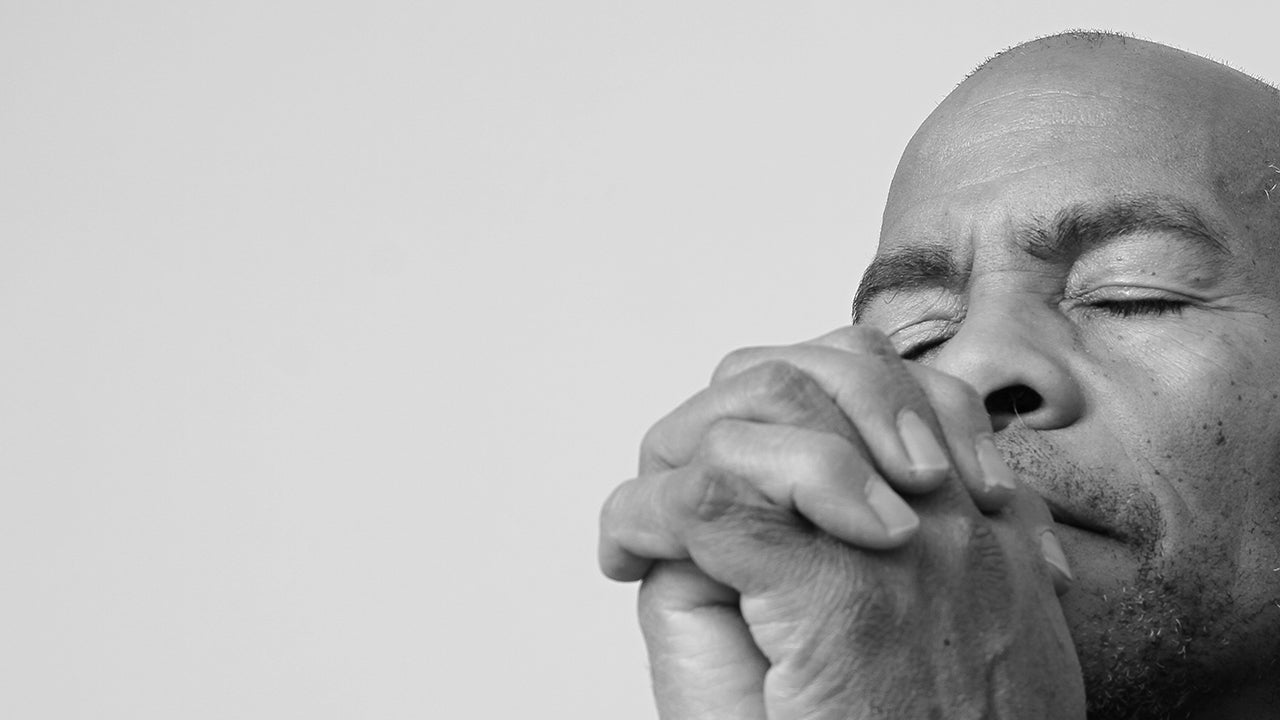After four years that fully exposed the deep divisions in our democracy, leaders across sectors are now wondering where we go from here. From my position managing the Faith in Democracy portfolio at Democracy Fund, it was humbling to witness the ways that religious leaders, funders, and government officials rose to meet unprecedented challenges throughout the 2020 election. In the face of so many difficulties, I’m still encouraged and looking forward to 2021 with hope as we grapple with how to tackle the challenges we face today and those we will face in the future.
As Democracy Fund president Joe Goldman mentioned in a statement after the election, a successful, free, and fair election was not inevitable in 2020. Faith communities played a key role in protecting voting rights, ensuring safe voting locations, voter education and registration, recruiting poll workers, and countless other ways. In the crucial moments leading up to the election, over 1,000 religious leaders across political affiliations and from all 50 states demanded that every vote was counted fairly and that our elections were safe, free, and fair.
Funders and religious leaders can and should work together with the Biden administration—and leaders at all levels of government—to promote true religious freedom and pluralism, to overcome deep divisions, and to create better partnerships between government and civil society to meet our collective challenges.
Opportunities for the Biden Administration
In a recent report, A Time To Build, A Time to Heal, Brookings Institution’s Melissa Rogers and E.J. Dionne “encourage the next administration to understand how important government’s relationship to both religion and civil society will be in bringing our nation together.” By revitalizing the White House Office of Faith-Based and Neighborhood partnerships or a similar entity, the incoming administration can create inclusive agencies across the federal government to give more Americans seats at the table to pursue the common good. In rebuilding the partnerships office and its affiliated advisory council, President Biden can serve Americans across religious beliefs—and those with no religious beliefs.
After four years of marginalization by the White House, Muslims, Sikhs, and other members of minority faith traditions should have the ear of the White House and have their religious freedom protected and respected. Our executive branch can support a robust vision for religious freedom that includes all religious traditions, rather than one that preferences conservative Christianity. At the same time, the incoming administration can offer an open hand of cooperation to religious leaders who did not vote for President Biden and can commit to finding common cause for the common good—even amidst major differences on many policy issues.
Deepening Engagement on National Priorities
For leaders in government and philanthropy, engagement with religious leaders should be done in a way that reflects the unique role religious institutions play in our public life—with over 380,000 religious congregations and 228,000 faith-based nonprofits nationwide. As Brie Loskota, IAP Fellow for Religious Literacy, and Najuma Smith-Pollard, Powering Pluralism Network member, wrote in The Hill, a lack of understanding between religious leaders and government officials not only worsens polarization, it weakens our ability to respond to crises. When policies are put forth without input or understanding from religious leaders, they are more difficult to implement. When the government listens to and partners with religion and other sectors of civil society, it can act faster, more efficiently, and more effectively. Funders can play an important role in helping to bridge those divides, increase religious literacy among our leaders, and equip faith institutions with what they need to engage with government at all levels.
A Charge for Funders
The January 6 attack on the US Capitol by insurrectionists was an assault on our democratic values via our government’s physical infrastructure. Part of our response must be to build up the critical social infrastructure of our country, especially religious pluralism. We should recommit funding related to democracy and pluralism moving forward. The critical moment for this funding has not passed—it is just beginning. Supporting our democratic institutions and promoting a pluralistic society lays the foundation for any other priority we care about. Funding religious pluralism has a “multiplier effect” in our communities: it leads to better outcomes for every social cause, from voter registration to prison reentry.
Each of us has a stake in promoting religious pluralism for the next four years and beyond. Working across sectors, political ideologies, and religious traditions, we can create more inclusive governing institutions, build an enduring vision for religious pluralism and religious freedom, and meet the many challenges that face our country.
Chris Crawford is a senior program associate for constructive politics at Democracy Fund, an independent foundation working to ensure that our political system is able to withstand new challenges and deliver on its promise to the American people. Follow him on Twitter @CrawfordStuff.
The Inclusive America Project is committed to advancing a thriving US Religious Pluralism and believes an important step to achieving this goal is sharing diverse voices and ideas across our platforms. In this spirit, we are pleased to publish blogs written by external authors working in and around the space.
The views and opinions expressed in this blog do not necessarily reflect those of the Aspen Institute.


